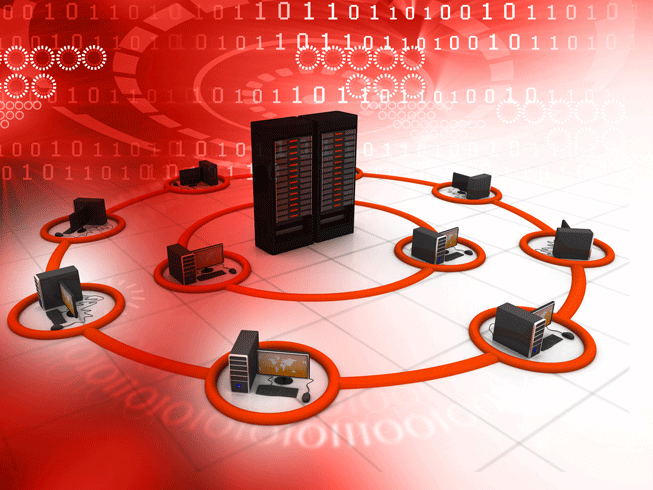Top 5 Reasons Companies Are Making The Shift
IT departments of the past, with the hum of tape-to-tape reels and towering microcomputers, were costly and quickly became outdated. The capital investment required to run an enterprise-level business network in the 1980’s would stagger many people today.
By the same token, if you showed an IT manager from the 1980’s the value add that today’s IT departments provide enterprise and SME businesses, they would be equally blown away. In the last thirty years there has been a steady shift in value away from hardware to software and now to networks, especially for enterprise-scale businesses.
When the value of intellectual property inherent in the software model migrated to SaaS, businesses could finally optimise processes and reduce costly capital expenditures.
telkomtelstra managed network services
Today, we can go a step further and actually lease intelligent enterprise networks. Network as a service is here in Indonesia and what’s more – a business can have it managed for them by experts. Here are the top reasons why companies are trusting managed network service providers to run their networks for them:
- Peace of mind: Managed network service providers offer customers portals that allow real-time visibility of network support channels, service status, incident reports/resolution and much more. The confidence inherent in knowing whether a network is robust enough to handle a seasonal spike and seeing the proof on a mobile device is truly empowering, but it’s more than just intelligent reporting. Customer portals offer the ability to see and make changes to network capacity, follow up and prioritise ticketing and execute on decisions in near real-time. It all boils down to service assurance and a single point of contact for support, giving peace of mind
- Focus on the business: Managing complex networks in Indonesia can become a major challenge for any company. Many companies have multiple service layers and corresponding service level agreements for their networks meaning that when something goes wrong, accountability is lacking. In some cases, just finding the source of the problem is difficult. Managed network services provides enterprises and SMEs with valuable time back to be spent bringing their unique organisational benefits to market – instead of tending to their own IT networks. With the ability to focus on their core business, companies are empowered with the confidence to innovate, create and deliver their unique value to the best of their ability.
- Scalability: Dialing up or dialing down a service level agreement used to take weeks and often turn into a protracted set of negotiations with multiple stakeholders. Now Indonesian IT managers can simply adjust the scale of their network with a single phone call. If external forces push down the demand the marketing team anticipated – simply dial down the network and save costs. If a seasonal spike in demand is on its way – simply dial it up. What used to be a barrier to business growth can become a competitive advantage.
- Adaptability: Managed network services provide the ultimate in network customisation, with a multitude of features that can be added or removed to best fit each business. Progressive providers are also constantly developing and rolling out new features that add value. Although managed network services are relatively new to Indonesia, firms here can benefit from quality and customised features that have already been developed for specific industries in other countries. Banking and finance, manufacturing and resource firms all have their own set of specific needs and requirements that do not come from an off-the-shelf solution. Today’s managed network services offer the flexibility to address the unique needs of almost any business while providing accountability, control and standardisation.
- Cost savings: Updates, not costly hardware upgrades, mean business growth is not hampered by ever-increasing capital expenditures on costly IT infrastructure. Instead of sinking their productivity chasing issues down a complex trail of vendor accountability, businesses are left with more money to invest in delivering business outcomes. Instead of calculating amortisation of equipment, businesses are left to calculate strategic investments that increase their ability to serve their respective markets.
At the end of the day the trend is clear; enterprises are making the transition to managed network services in Indonesia just as they are all across the APAC region. This means there is another clear reason why many businesses are making the switch to MNS: with all of these clear advantages, no enterprise IT department wants to be left in the (expensive) past.


